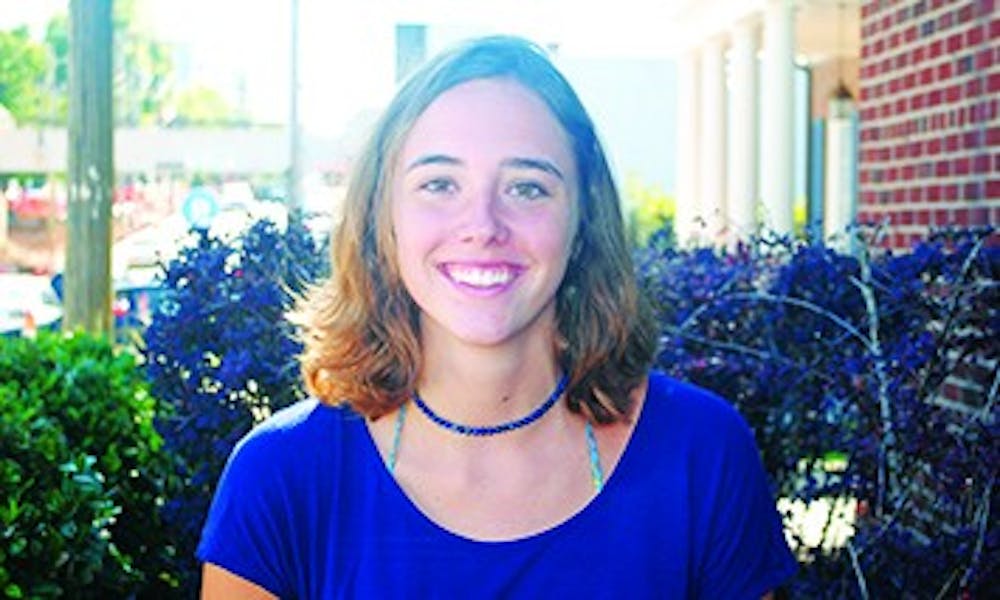I’m not really a math person. Nor am I a big-lecture-hall kind of person. My worst grade in college came from Astronomy 101, the so-called “science class for humanities majors.” That label is a misnomer: I am a humanities major, and I struggled. (And, honestly, all the physics and speed of light stuff was hard, ok? I can't be the only one who thinks so.) Anyway. All this is to say: I was not particularly excited to take my last General Education requirement, which was a Quantitative Reasoning credit. A QR credit necessitates a quantitative class. I know. Fellow English majors, I hear your collective gasp of dismay. This means a math class.
I signed up for Math 118 expecting a semester of half-assed work and deathly boring lectures. Professor Mark McCombs, our fearless Math 118 leader, totally, completely subverted my expectations. From the start, he was disarmingly funny and strikingly open. Against all odds, he has made a 147-person class about fractals feel personal. On Halloween, he told us a story about trick-or-treaters who came to his apartment, and how, panicking because he hadn’t bought any candy, he impulsively gave them Wendy’s ketchup packets. He told us about his heart attack, and about the prodigious math student that he had tutored years ago. He showed us a mock MTV “True Confessions” video about UNC basketball.
Most recently, he told us about his younger brother, Doug, who died unexpectedly three years ago this week. Professor McCombs played a video for us: art that he had made, inspired by the same fractals that he was teaching us about in class, spiraling across the screen. Professor McCombs’ brother was a musician, and his music played in the background. He told us, “I always said to my brother, ‘If I could touch students through my teaching in a fraction of the way that you’ve touched your audiences with your music, then I’d be happy.’”
Hundreds of students – most of whom, presumably, were taking this math class for the exact same reason, and with similar hesitations, as I was – sat silently. The lecture hall, which is always way too hot and is normally filled with squirming, giggling students, felt sacred. Professor McCombs continued: “I knew this week would be hard for me, but I also knew that coming here and teaching would make it easier.”
One student left partway through the video, and the rest of the class glared at him, hating him for his casual dismissal of a moment that was obviously much larger and much more beautiful than whatever homework assignment he was leaving to finish. “What a monster,” I saw one girl mouth to her friend. We were united, if momentarily, in our appreciation for the unprecedented vulnerability of this classroom moment.
With all the specialization and department sequestering that happens in college, it can be easy to write off classes – and teachers – that exist outside of our respective wheelhouses as uninteresting or unappealing. This mode of thinking, though, disregards the enormous impact that a good teacher can have. A really good teacher takes a subject like Euler paths and uses it as an improbable conduit for discussions about life, loss and emotional vulnerability. So thank you, Professor McCombs, for reminding me that the content of a class doesn’t necessarily determine its potency or relevance. Thank you for making a huge lecture hall feel intimate. Also, please forgive me if I fail our test on Friday.



